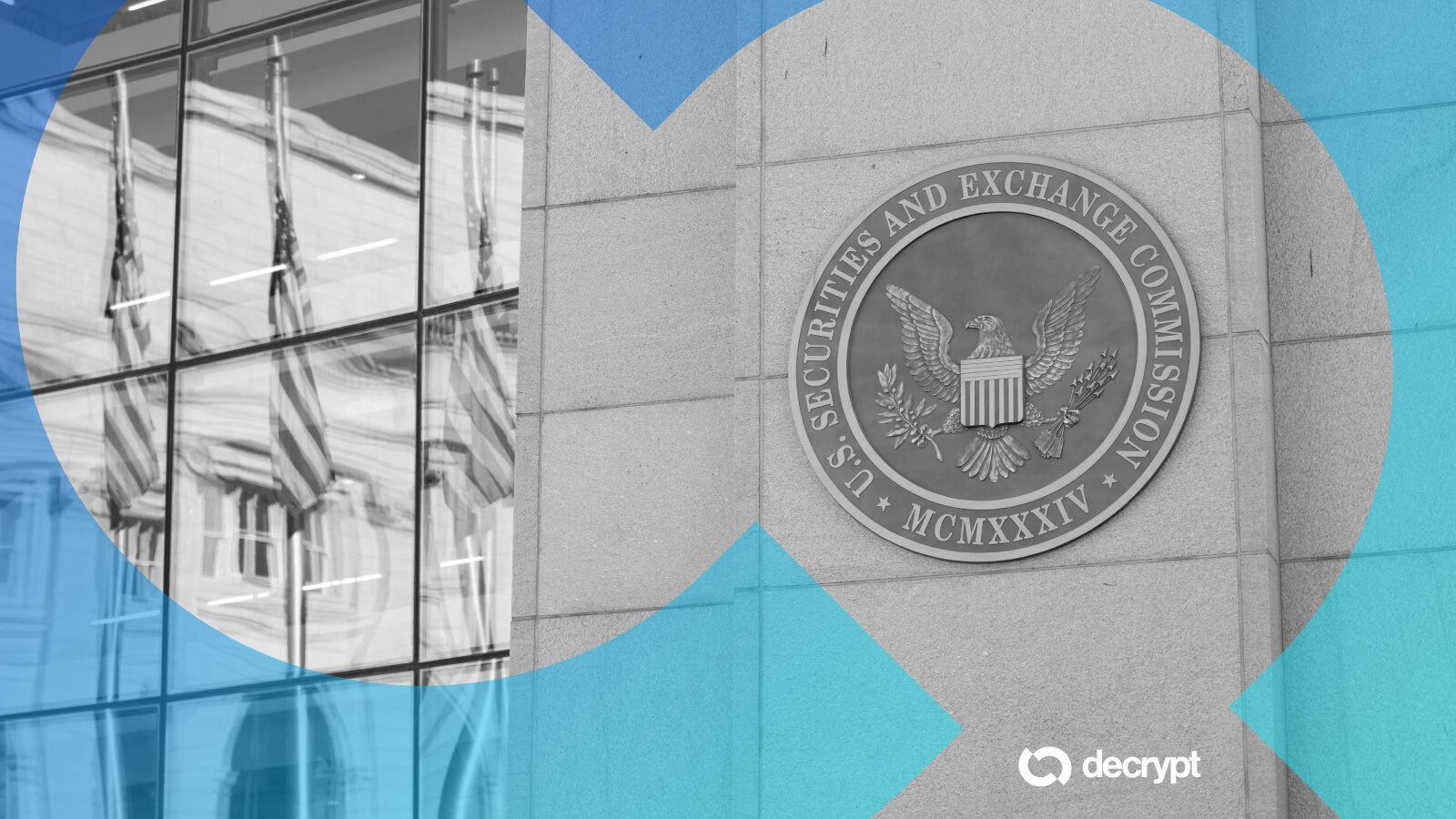Unicoin CEO Vows to Fight SEC Fraud Case—Plans Motion to Dismiss in Bold Legal Gambit

Unicoin’s chief executive isn’t backing down—the crypto firm plans to file a motion to dismiss the SEC’s fraud charges, framing the lawsuit as regulatory overreach.
Legal Standoff Escalates
The move signals a combative stance against the SEC’s allegations, with Unicoin arguing the case lacks merit and represents another example of outdated regulators struggling to keep pace with fintech innovation.
Market watchers note the strategy carries risk—but could pay off if the court sides with the crypto sector’s push for clearer rules. Or, you know, just another day in the wild west of digital asset enforcement.
Either way, it’s a high-stakes play. And if there’s one thing crypto loves, it’s a gamble—especially with other people’s money.
No guarantee for Unicoin
Legal experts suggest the company faces a tough road.
Katherine Reilly, a partner in Pryor Cashman’s WHITE Collar and Regulatory Enforcement Group and a former federal prosecutor, told Decrypt that the SEC’s complaint reflects a more traditional securities fraud case than some of the other crypto cases it has dropped in the past few months.
“It talks a lot about really traditional misrepresentations that Unicoin executives are alleged to have made,” she said. “For example, the SEC lays out claims that executives overstated financing and runway, and represented that their coin was backed by real property and assets that didn’t go through.”
Although the Trump-era SEC has pulled back from a number of recent cases against major crypto players, Reilly said this one may be different. “I think this is a strong example of the type of enforcement action the SEC still plans to pursue. There’s clearly an effort by Unicoin to align itself with the new administration’s allyship with the crypto industry and its emphasis on American entrepreneurialism,” she said.
“But I don’t think that’s likely to mean much in front of a judge in the Southern District of New York.”
Decrypt reached out to but did not immediately receive a response from the SEC.

